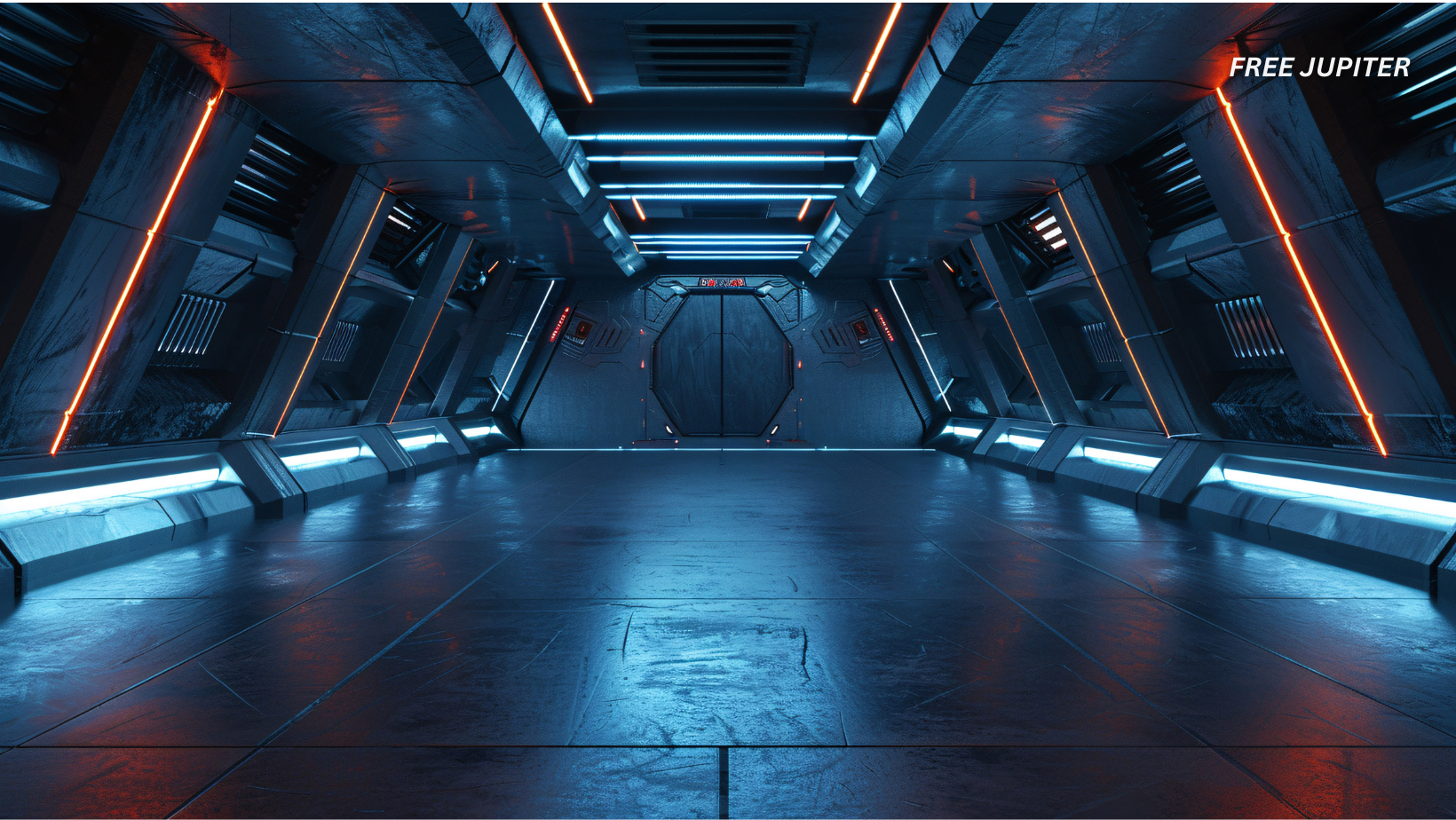Friendly Note: FreeJupiter.com shares general info for curious minds 🌟 Please fact-check all claims—and always check health matters with a professional 💙
Science fiction has always been where imagination meets possibility, but not all sci-fi TV shows are created equal. While some shows bend the rules of physics for flashy drama, others dig into real scientific theories and technological dilemmas that actual researchers debate in labs and lecture halls. When scientists sit down to watch TV, they aren’t just looking for entertainment, they’re drawn to stories that challenge the mind, reflect ethical dilemmas, and explore what humanity might become. These seven sci-fi TV shows aren’t just popular with fans. They’ve earned praise from astrophysicists, biologists, computer scientists, and engineers for how they tackle everything from quantum theory to artificial intelligence. Whether the science is meticulously accurate or provocatively speculative, these series reflect the kinds of questions real experts are asking right now.
1. Dark (Netflix)
Why Scientists Love It: Dark isn’t just one of those ordinary time-travel sci-fi TV shows; it’s a deep philosophical study of fate, determinism, and family, wrapped in quantum physics. The German-language series challenges viewers to consider the implications of time loops and causality paradoxes in a deterministic universe. Scientists love that it respects the audience’s intelligence and doesn’t simplify its scientific or emotional content.
Science Highlight: The show builds its premise around real concepts in theoretical physics, including wormholes and the bootstrap paradox, where an event is both cause and effect of itself. Its commitment to nonlinear timelines, quantum entanglement, and alternate realities makes it a puzzle that physicists say comes surprisingly close to real-world speculative science.
Recommended by: Paul M. Sutter, an astrophysicist and science communicator, called it “the smartest show on time travel ever put on screen,” noting that it handles paradoxes with an elegance that even scientific literature struggles to match.
2. Fringe (Max / Hulu)
Why Scientists Love It: Though packed with drama and outlandish plot devices, Fringe is beloved by scientists who see it as a playground of speculative science done right. From genetic engineering to parallel dimensions and mind control, the series plays with theoretical science and pseudoscience in ways that are imaginative, bold, and often eerily plausible.
Science Highlight: This Sci-fi TV shows take on multiverse theory and biotechnology is grounded in real-world questions. Its use of synthetic biology, fringe physics, and even interdimensional travel pushes boundaries without completely abandoning scientific reasoning.
Recommended by: Biologists and physicists alike have said that while Fringe stretches credibility, it still introduces important concepts that spark discussion. Its central theme, the ethical limits of scientific experimentation, is a hot topic in many fields today.
3. Star Trek: The Next Generation (Paramount+)
Why Scientists Love It: Decades later, this series remains a staple in both pop culture and academic discussions. Many scientists today credit Star Trek: TNG as their original inspiration for pursuing careers in science, astronomy, or robotics. Its hopeful view of humanity’s future, driven by exploration and knowledge, continues to resonate.
Science Highlight: From warp drives based on theoretical physics to ethical discussions about artificial intelligence through the character of Data, the show weaves science and philosophy together in ways few others have. Episodes like “The Measure of a Man,” which debate Data’s sentience, are still cited in modern ethics and AI discussions.
Recommended by: Neil deGrasse Tyson, among many others, has long praised the show. He says it represents the ideal version of science, bold, ethical, and always curious about the unknown.
4. Devs (Hulu / FX)
Why Scientists Love It: Sci-fi TV shows like Devs interpret an atmospheric miniseries that dive headfirst into the deepest questions of physics and consciousness. It’s not for casual viewing. Devs is dense, deliberate, and steeped in real scientific and philosophical debate. Scientists appreciate that it takes its time to explore ideas rather than relying on spectacle.
Science Highlight: The show is built around the Everettian “Many Worlds” interpretation of quantum mechanics. Its portrayal of determinism, the idea that every moment is the inevitable result of what came before, is chilling and compelling. It also explores neural mapping and quantum computing with haunting precision.
Recommended by: Theoretical physicist Sean Carroll praised Devs for its honest portrayal of what real scientists are pondering, whether free will truly exists, and whether quantum systems can be predicted with certainty.
5. The Expanse (Amazon Prime)
Why Scientists Love It: The Expanse has won high praise from scientists, engineers, and astronauts for being the rare sci-fi series that respects the laws of physics. From ship movement in zero gravity to long-term effects of living in space, it grounds its narrative in a plausible vision of the future.
Science Highlight: Ships don’t swoosh through space. They obey Newton’s laws. Gravity is generated only through acceleration or spin, not through unrealistic tech. The show also explores how life on Mars or in the Asteroid Belt would physically and culturally change humans over time.
Recommended by: Dr. Kevin Grazier, former NASA scientist and Hollywood science consultant, said The Expanse gets “95% of the science right,” which is practically unheard of in the genre. Even the U.S. Navy has used the show’s space combat mechanics as a teaching example.
6. Black Mirror (Netflix)
Why Scientists Love It: While it rarely focuses on pure science, Black Mirror explores the dark side of technology with a biting edge that feels alarmingly close to reality. It’s speculative tech, from mind-uploading to AI consciousness to memory-enhancing implants, often mirrors ongoing research and ethics debates.
Science Highlight: Episodes like “San Junipero” ask whether digital immortality could become possible. “Metalhead” envisions AI-driven killer robots, and “The Entire History of You” explores the consequences of total memory recall, a concept already being toyed with in neural interface research.
Recommended by: Researchers at MIT, Oxford, and Google’s DeepMind have referenced Black Mirror in talks about the societal implications of their work. While fictional, the show’s scenarios are often used as thought experiments in ethics and AI development.
7. For All Mankind (Apple TV+)
Why Scientists Love It: When it comes to alt-history sci-fi TV shows, this drama imagines what would happen if the U.S. hadn’t won the space race and uses that divergence to imagine a more diverse, ambitious, and accelerated push into space. Scientists appreciate how it intertwines historical events with a technically rich portrayal of spaceflight.
Science Highlight: The show goes deep on astronaut training, lunar base engineering, and the long-term challenges of off-world colonization. From water extraction on the Moon to radiation shielding, the science is rigorous and thoughtfully presented.
Recommended by: SpaceX engineers and former NASA scientists are fans of the series. It’s been praised for its accurate hardware, historical plausibility, and how it shows that geopolitical pressures could have led to faster advancement in space exploration.










